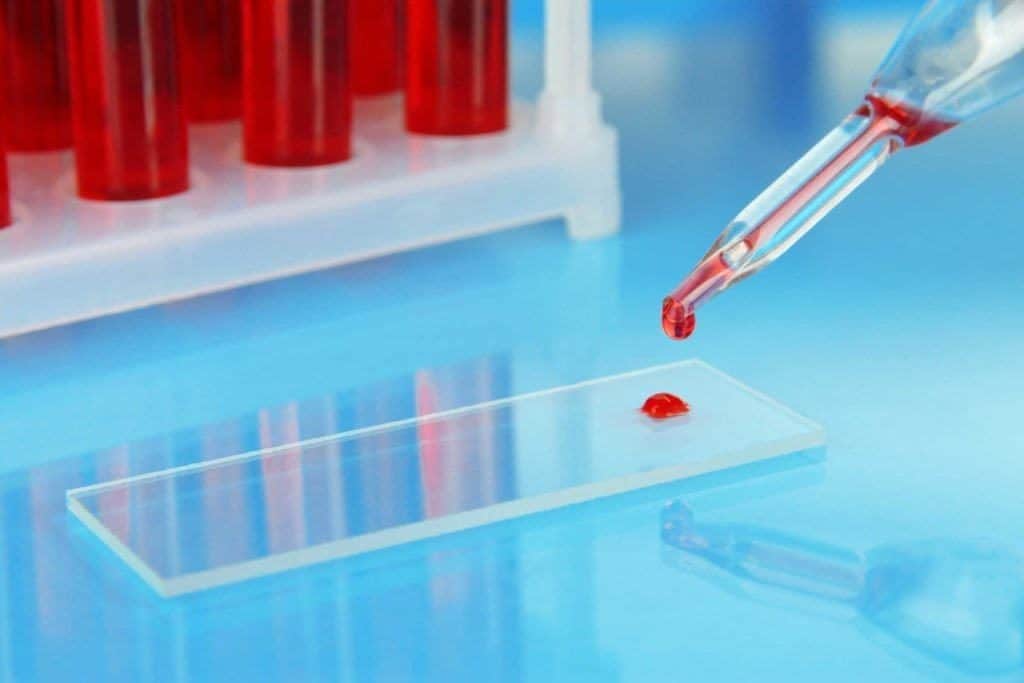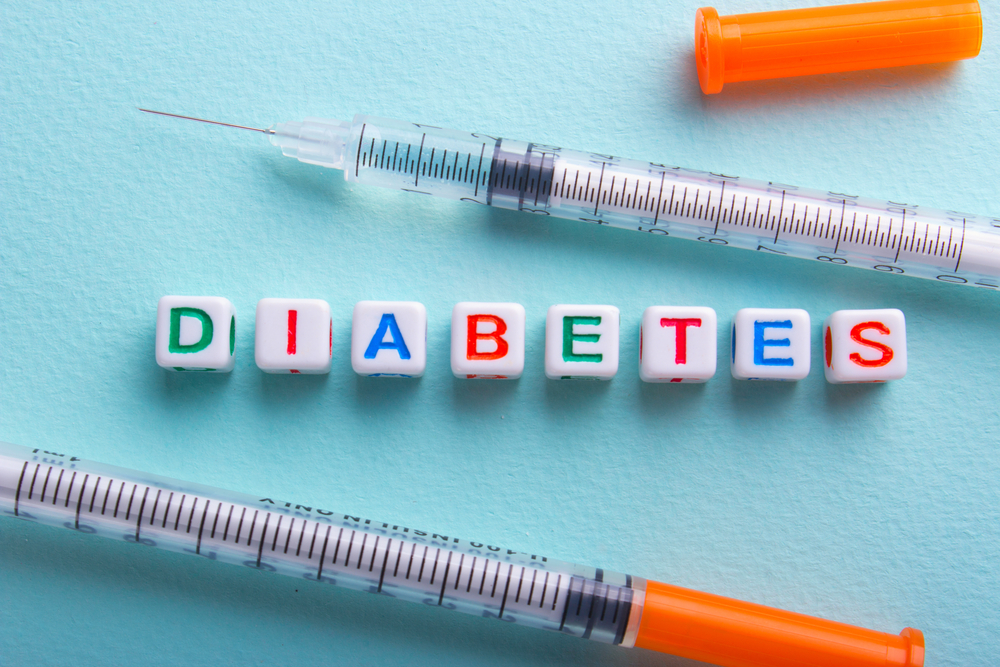Contents:
- Medical Video: Stroke Prevention & Transient Ischemic Attack (TIA)
- How does the antiplatelet agent work?
- What are the side effects of using antiplatelet agents?
- Which must be considered
Medical Video: Stroke Prevention & Transient Ischemic Attack (TIA)
Antiplatelet drugs are used to treat heart disease. This drug is a group of powerful drugs that prevent the formation of blood clots. When you are injured, platelets arrive at the site of the wound forming a blood clot to stop bleeding. When an injury makes your skin open, blood clots are a good thing. But platelets can also increase when blood vessel injuries occur inside, which may occur in arteries affected by atherosclerosis. In this situation, platelets cause blood clots to develop in the arteries that have been injured. Antiplatelet drugs can prevent this process from happening.
Antiplatelets are needed for patients who have experienced:
- coronary artery disease
- heart attack
- angina (chest pain)
- stroke and transient ischemic attacks (TIA)
- peripheral arterial disease
- has placed angioplasty and stents
- have had a heart bypass or valve replacement surgery
- to prevent the formation of blood clots in someone with atrial fibrillation.
Aspirin is most often used to prevent TIA and stroke.
Aspirin combined with dipyridamole (Aggrenox) is a safe and effective alternative to aspirin.
Clopidogrel (Plavix) can be used for people who cannot take aspirin.
How does the antiplatelet agent work?
Clots form when platelets gather and proteins in the blood together form a solid mass. Blood clots are usually good, like when you are scratched or injured. However, when a blood clot forms in your veins, this is dangerous because it can block blood circulation. Blood clots that form in the arteries or the heart can also stop blood flow, causing a heart attack. Blood clots that clog arteries in the brain can cause strokes. Antiplatelet drugs work by stopping platelets from fusing and freezing proteins.
What are the side effects of using antiplatelet agents?
Antiplatelet agents can cause side effects, although serious reactions are rare.
Common side effects of clopidogrel are:
- headache or dizziness
- nausea
- diarrhea or constipation
- digestive problems (dyspepsia)
- stomach ache
- nosebleed
- increased bleeding (longer blood to clot. For example, when you accidentally hurt yourself), or easily bruised.
Talk to your doctor if the side effects get worse or don't go away.
Although antiplatelet agents do not affect your ability to drive, some people can feel dizzy while driving under the influence of this drug. Avoid driving if you feel dizzy.
More serious side effects include:
- rash and itching
- severe abdominal pain
- uncontrolled bleeding or unusual bruising
- vomiting with blood
- tiredness or numbness in the hands or feet
- blood in the urine (hematuria)
- blood during bowel movements
Which must be considered
Do not take antiplatelet agents if you run the risk of bleeding, pregnancy or breastfeeding. Tell your doctor if you have diabetes, high blood pressure, height problems, congestive heart failure, or liver or kidney problems. Coumadin can worsen this condition.
Talk to your doctor to make sure the benefits of taking blood thinning drugs outweigh the risks.












